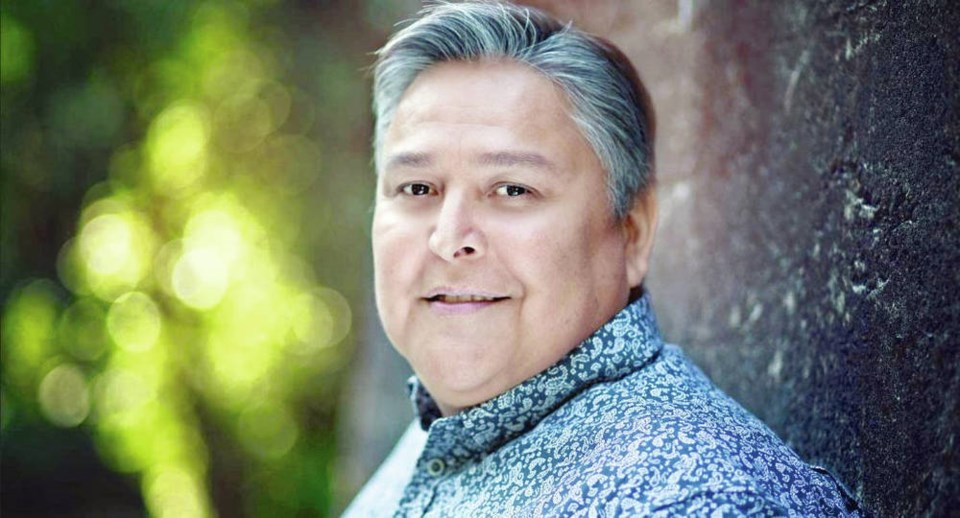Bob Joseph was giving one of his first workshops on Indigenous culture and history in the mid-90s when a woman came up to him sobbing after a presentation on residential schools.
She said she couldn’t sit through the talk anymore, because she couldn’t believe what he was saying.
“She said: ‘There’s no way my church would do this. There’s no way my church would take the kids and put them in these schools and run these schools.’ It was so hard for her to believe it. It was unbelievable,” said Joseph, who is hosting a virtual talk and Q&A through the Vancouver Island Regional Library on Jan. 28 to share some of the surprising elements of the laws that govern Indigenous people, governments and lands.
The best-selling author of 21 Things You May Not Know About the Indian Act says the participants in his workshops these days tend to know a lot more about residential schools, but people are still caught off guard by the Indian Act.
In his more than two decades as an Indigenous awareness trainer, Joseph said, he has noticed people are often shocked by what’s contained in the act. “Sometimes anger, sometimes really upset.”
The Indian Act, which has been significantly updated since it was created in 1876, originally contained provisions prohibiting pool hall owners from admitting First Nations people, declared potlatch and other cultural ceremonies illegal, and restricted First Nations people from leaving their reserves without permission from a government agent.
Joseph believes the act needs to go, arguing it has created a relationship in which Indigenous communities are dependent on the federal government. “It’s designed for forced cultural assimilation, and it really can’t do much more than that,” he said.
What he wants instead is the right to self-determination, self-government and self-reliance.
“If we can dismantle the Indian Act in this lifetime, not the next, I think we can go a long way to solving some of the other challenges that we continue to have,” said Joseph, whose 2018 book was based on his blog post by the same name that went viral, garnering more than 55,000 views in the first month after it was published.
The founder and president of Indigenous Corporate Training Inc., which runs workshops on colonization for corporate, government and individual clients, he believes the way to achieve reconciliation with First Nations is through a collective understanding of history, including the history of the relationship between Indigenous people and the Canadian government.
He wants participants to bring the conversation to their families, friends, places of worship and politicians.
“I think it’s important work to let them know that there is a lot of hope for reconciliation,” said Joseph, a member of the Gayaxala, or Thunderbird, clan of the Gwawa’enuxw Nation.
He sees hope in the fact that schools and universities are embracing Indigenous cultures and history, and young people are increasingly interested in advocating for reconciliation.
Anyone interested in participating in the virtual talk should register for the event through the Vancouver Island Regional Library. The talk takes place on Jan. 28 from 2 to 3:30 p.m. More than 400 people have already registered for the event, which is capped at 500 spaces.
regan-elliott@timescolonist.com



